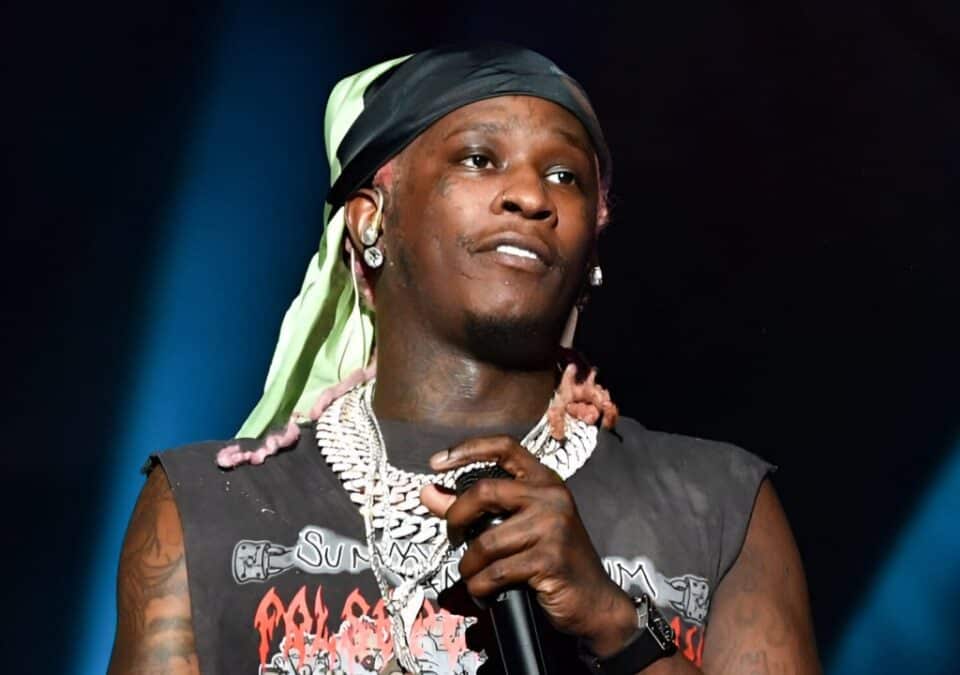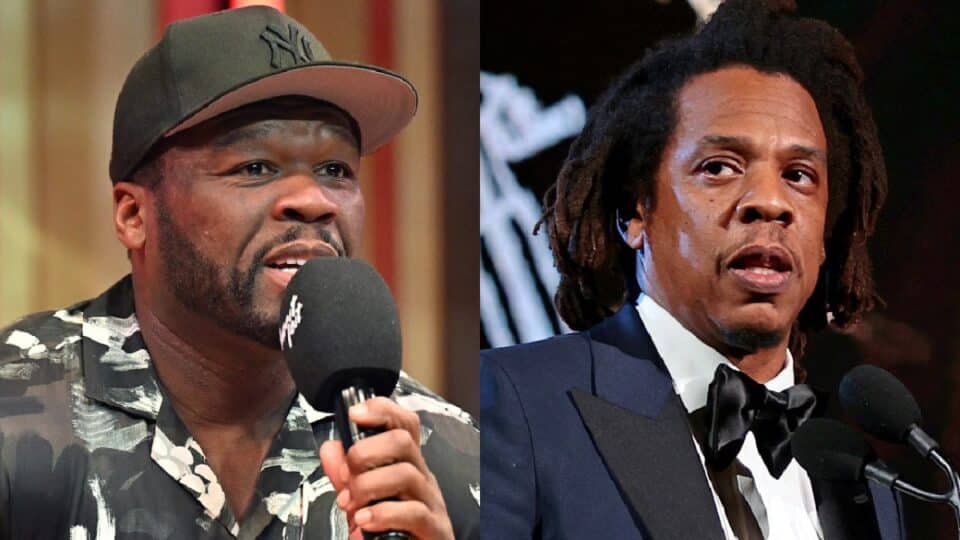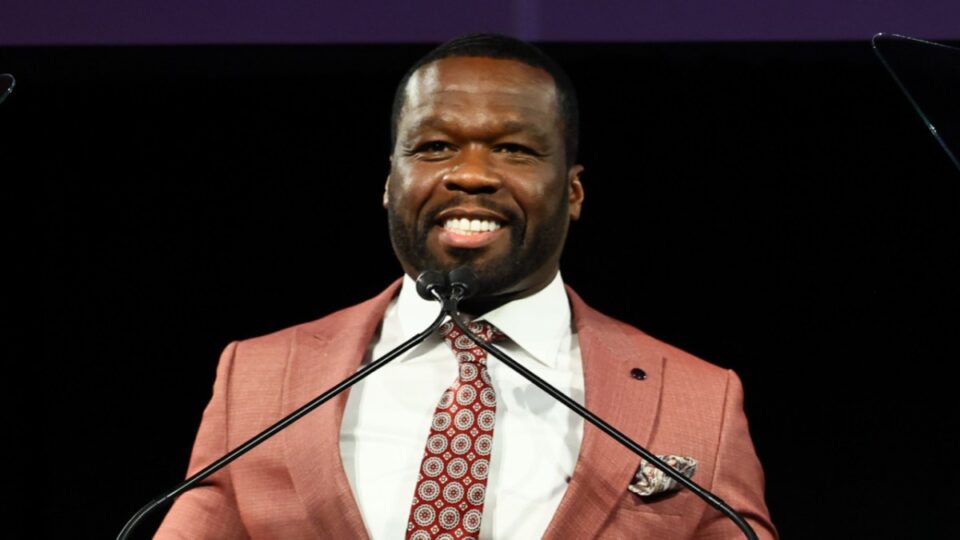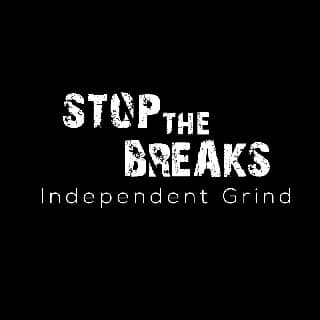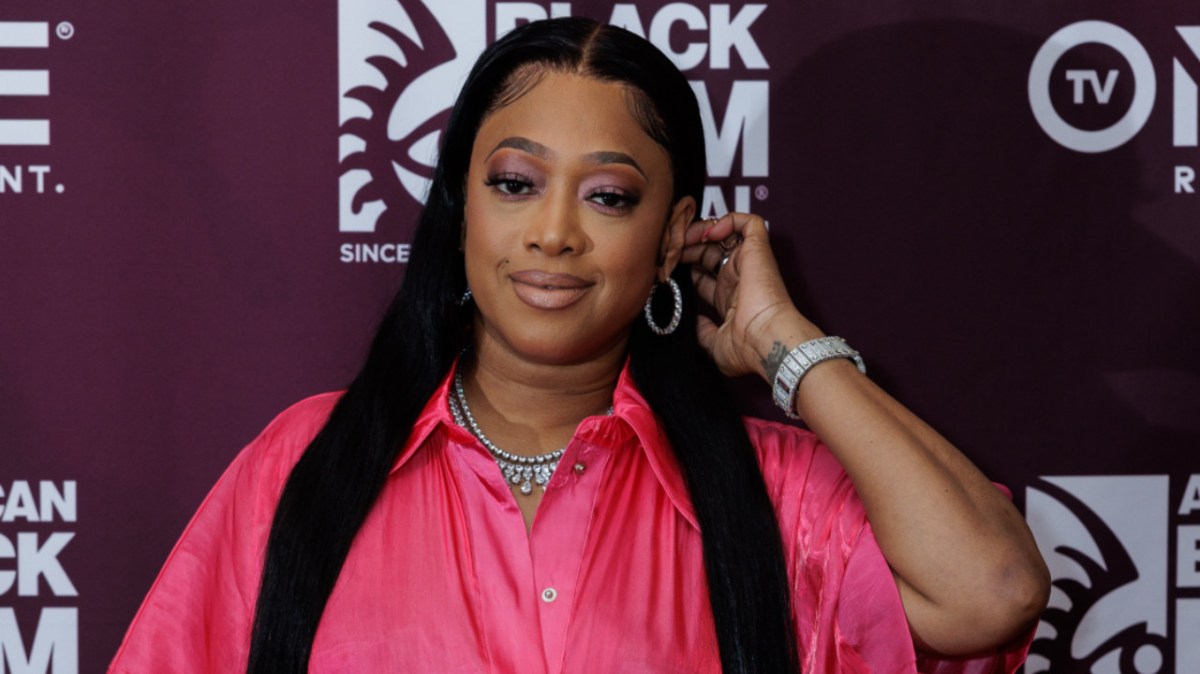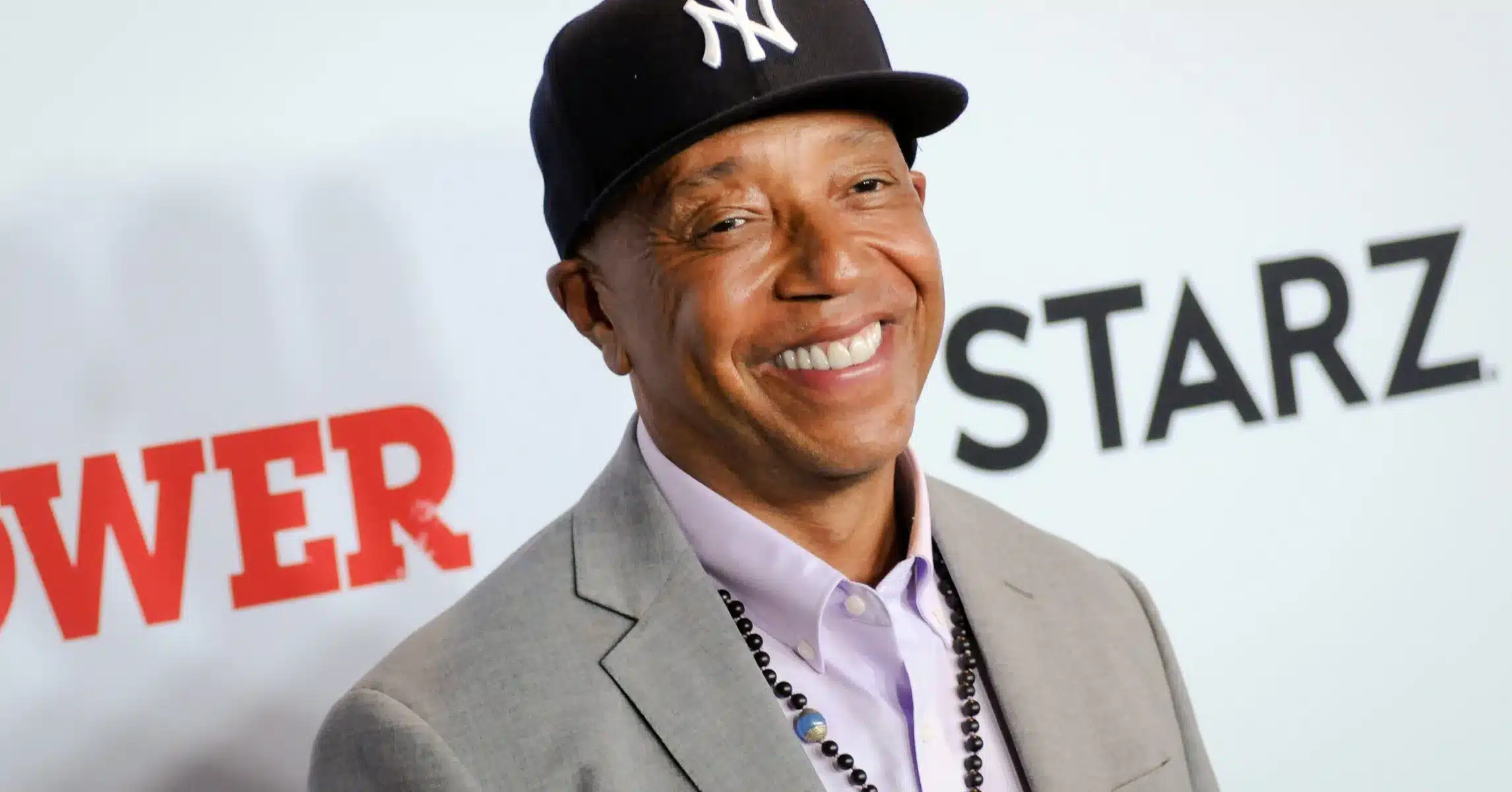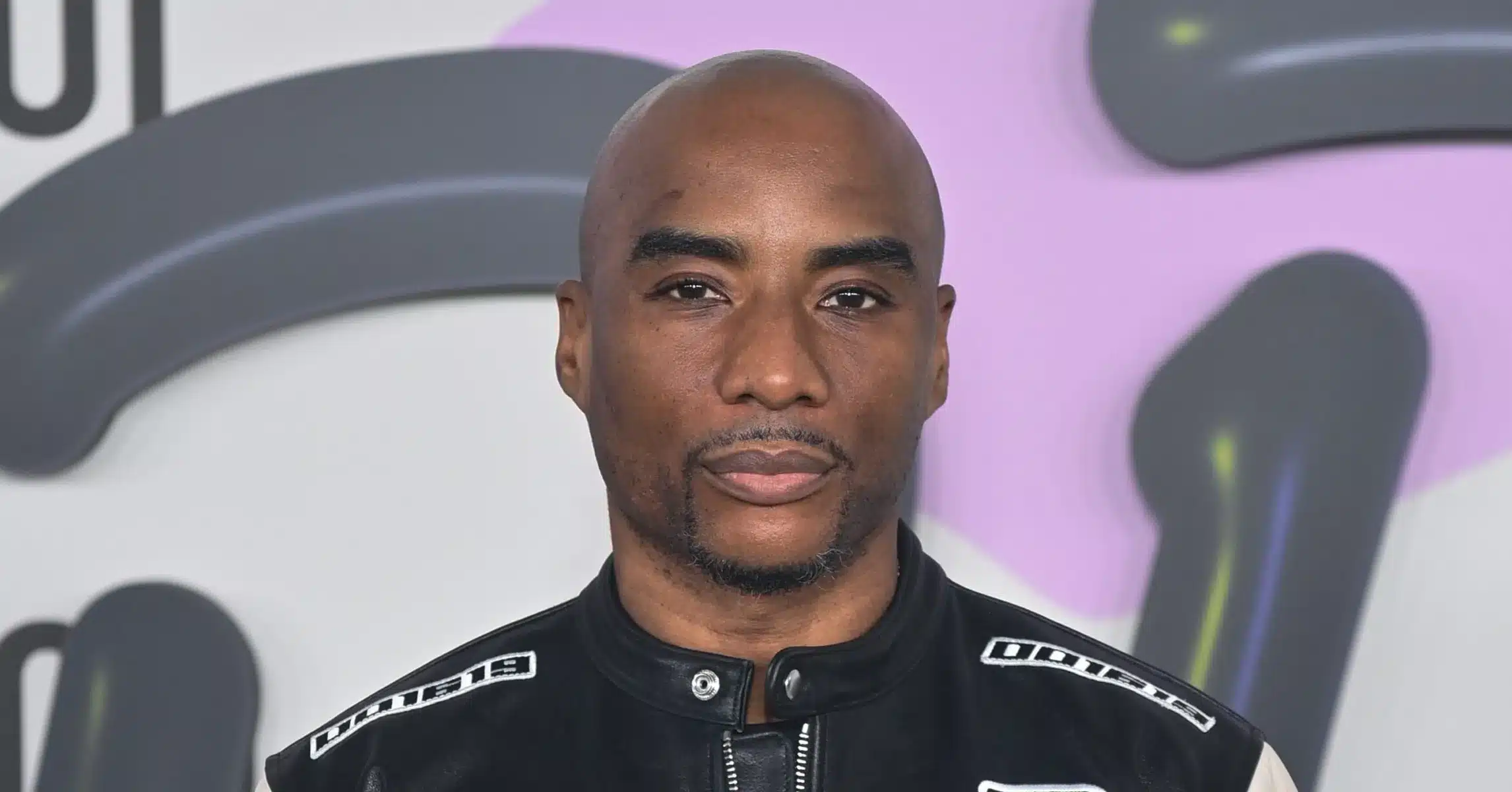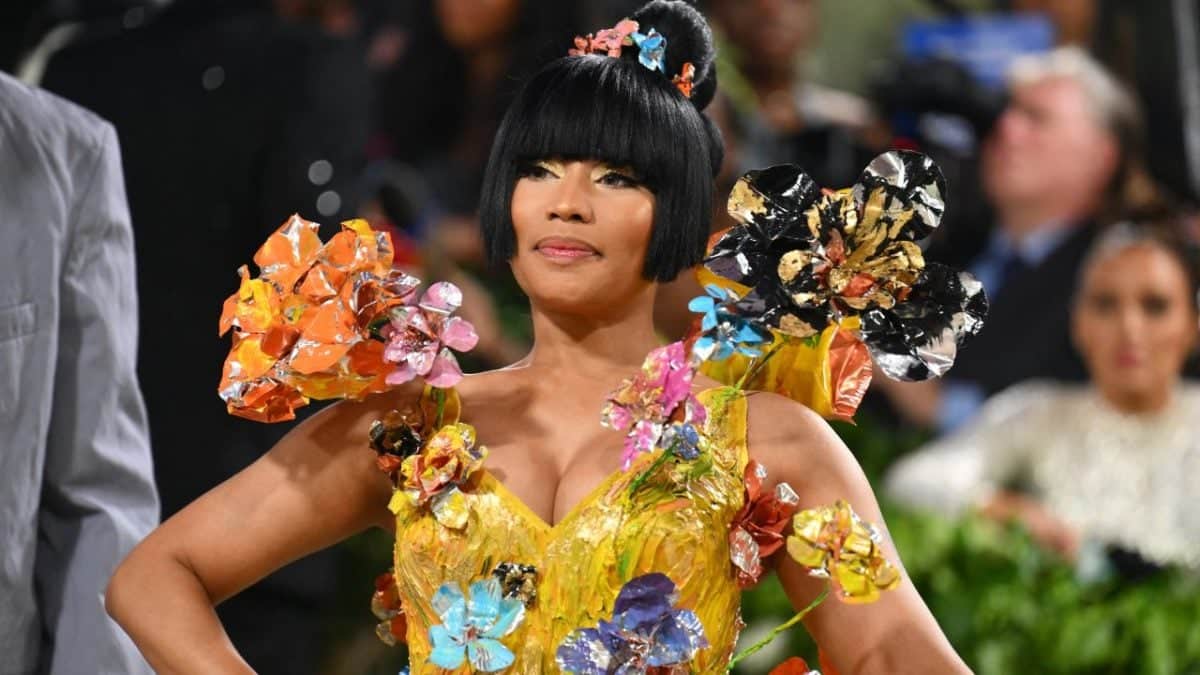Young Thug’s lengthy RICO trial has finally wrapped up, and the verdict brought unexpected praise for the rapper from some jurors involved. They’ve shared insights that reveal a different side of Young Thug, challenging some public perceptions.
The case was notable not only for its duration but also for the intense public scrutiny and complex legal arguments. As jurors recount their experiences, their perspectives paint a vivid picture of the unfolding legal drama.
Jurors’ Unexpected Admiration
During the trial, which has been described as the longest in Georgia’s history, three jurors took to YouTube to share their unexpected admiration for Young Thug. They noted how the trial revealed a more positive version of the musician.
One juror admitted to having no prior knowledge of Young Thug’s music. However, she expressed how the trial showcased his efforts to improve both his life and that of those around him.
“I honestly didn’t know anything about his music,” she confessed, emphasizing the unexpected light in which the trial cast him.
Charges and Accusations
Young Thug, whose real name is Jeffery Williams, faced numerous charges, including allegations of being the leader of a criminal street gang. This accusation was central to the long list of legal challenges during the trial.
The charges also included drug and gang offenses, painting a complex picture of the case against him. But jurors revealed they didn’t find substantial evidence to back these claims.
Jury foreman Jason Collins brought attention to gaps in the evidence, describing the state’s case as weak and full of holes. “I’m a facts person,” he stated, explaining how the lack of concrete evidence influenced their views.
Collins highlighted that despite the serious nature of the accusations, nothing clearly implicated Young Thug, causing doubts about the prosecution’s effectiveness.
The Role of Lyrics in Court
One controversial aspect of the trial was the prosecution’s reliance on Young Thug’s lyrics as evidence. This tactic drew criticism from jurors who believed that lyrics, a form of artistic expression, should not be used in legal arguments.
The jurors stressed the importance of freedom of speech, pointing out the slippery slope of analyzing lyrics in a legal context.
“I personally don’t believe that lyrics should have been brought into the format,” stated Collins, underlining the jurors’ shared concern over this legal strategy.
A Long and Strenuous Process
The trial wasn’t just long; it was emotionally draining for all involved. Collins described the 13-month ordeal as “extremely long,” explaining how it forced jurors to put their lives on pause.
Several jurors even experienced personal losses during this time, showing their dedication to the process despite personal challenges.
Enduring such a lengthy trial required significant sacrifice and resilience from everyone selected to serve on the jury.
Plea Deals and Conclusion of the Trial
After months behind bars, Young Thug was released on October 31 following a plea deal. This agreement saw him sentenced to time served, along with a lengthy probation period.
Meanwhile, the remaining defendants, Deamonte “Yak Gotti” Kendrick and Shannon “SB” Stillwell, also saw their legal battles come to an end.
The conclusion of the trial marked the end of a significant chapter in Georgia’s legal history, bringing relief to all parties involved.
Defendants’ Outcomes
Both Yak Gotti and Shannon Stillwell were acquitted of the bulk of their charges, with Gotti being cleared entirely.
Stillwell faced a minor conviction, but the major charges were dropped, leading to his release.
This outcome indicated a lack of evidence strong enough to convict them on the more severe allegations they faced throughout their trial.
The Ripple Effect
The trial’s conclusion has left a lasting impact on all involved, from jurors to defendants. It highlighted issues of legal strategy and the challenges of prolonged court battles.
The outcome emphasizes the importance of due process and the challenges faced by both the defense and prosecution.
Despite the trial’s emotionally taxing journey, it underscored the justice system’s duty to fairly and thoroughly evaluate each case.
Lessons and Reflections
The juror’s comments reflect broader societal debates about the role of art in the courtroom. There’s growing concern about the boundaries between artistic expression and legal interpretation.
These reflections could influence future cases where artists’ work is scrutinized under legal lenses.
The trial served as a lesson on maintaining clarity and objectivity, ensuring that evidence, rather than assumptions, guides verdicts.
As the jurors reflect on this monumental trial, their insights challenge us to reconsider how we view both the justice system and the individuals within it. Their comments remind us that justice is not just about the law, but about understanding and humanity.
